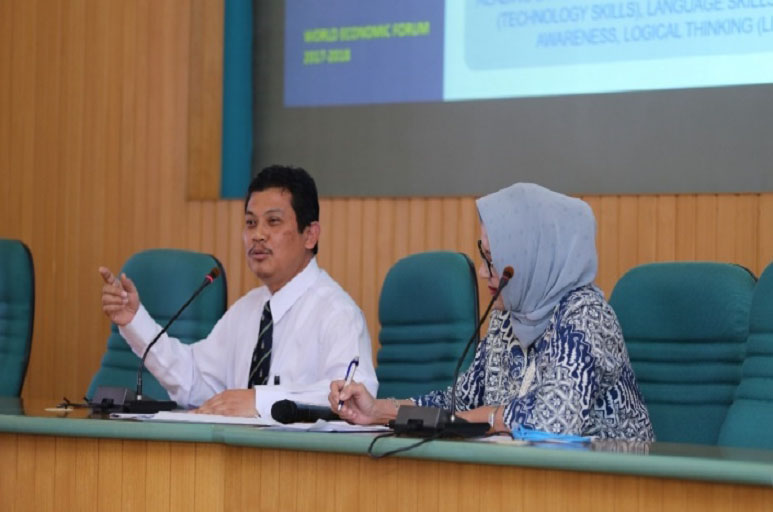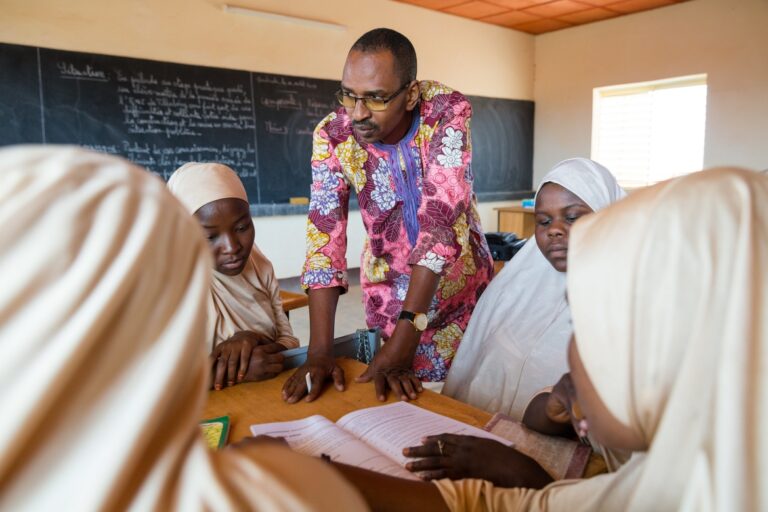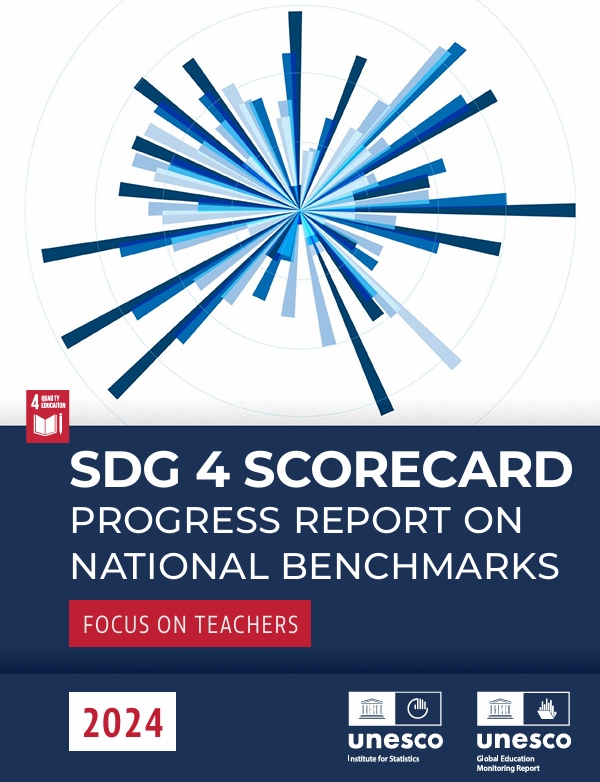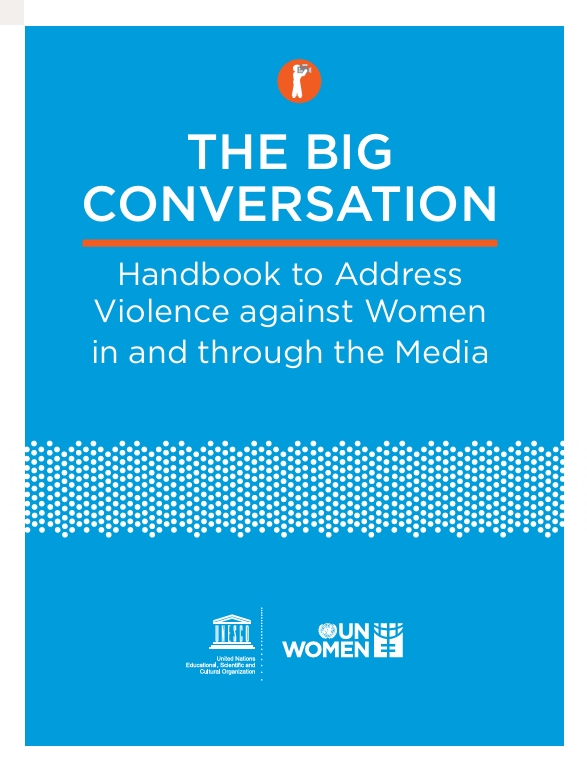Higher education is being encouraged to develop online learning in order to educate more people that will respond to the needs of Indonesia’s fourth industrial revolution.
By: Teresa Umali, Open Gov Asia: Indonesia, Published: 22 May 2018
An announcement by the Universitas Gadjah Mada (UGM) encouraged higher education to develop online learning in response to Indonesia’s fourth industrial revolution in manufacturing and industry, or Industry 4.0.
Industry 4.0 is a term that refers to the fourth industrial revolution in manufacturing and industry. It encompasses major innovations in the digital technology, biology and hardware automations. It also implies that cyber-physical systems can make their own basic decisions. Hence, it is becoming increasingly self-ruling.
Industry 4.0 is supported by five key technological advances: Internet of things, artificial intelligence, human-machine interface, robot and sensor technology, and 3D printing.
The world is now experiencing Industry 4.0 and therefore Indonesia needs to be well prepared to join the new trend. Industry 4.0 is expected to result in very rapid and wide transformations. As such, countries, including Indonesia, need to be ready.
Industry 4.0 is triggers the transformation of new markets, which includes the education sector. This will lead to more jobs and because of this, higher learning institutions are tasked to produce the quality of education that can respond to the constant changes happening in science and technology. This includes improving on their learning process, strategy, orientation and governance.
“The Ministry of Research, Technology and Higher Education is developing the Cyber Institute of Indonesia. The Ministry has anticipated that the Industry 4.0 will be creating sustainable innovation. Higher learning should participate in this innovation by developing a good online module and learning process which will be in accordance with the quality standards set by Cyber Institute of Indonesia,” said Prof Dr Ali Ghufron Mukti, MSc, PhD, on 21 May 2018, at the UGM Main Office during the monthly discussion of the UGM Board of Professors.
The Director General for the Ministry of Research, Technology, and Higher Learning said that the involvement of the higher learning in developing innovation could significantly increase the Rough Participation Figure (APK) for Indonesian Higher Learning.
With the use of an online system, millions of students can be educated, which can correspond to manpower needs brought about by new jobs.
Challenges are being faced by the Indonesian higher learning. One such issue is the quality and relevance of graduates produced. The backgrounds of the graduates that have been produced are not in line with the priorities and the development in the industry. New professions are emerging, based on the dynamic needs that rise from current developments, but the institutions cannot produce human resource having the quality, competence and expertise needed for the jobs.
“Many jobs demand graduates that have not been produced, while many graduating students are not demanded by the industry. This is a real challenge for the higher learning. Only universities, which are responsive and have anticipated these needs, can make contributions,” said Dr Ghufron.
UGM Chairman of Health Policy and Management Department, Prof Dr Laksono Trisnantoro, M.Sc., Ph.D., added during the same event, that higher learning would also need to devise a strategy for the development of professors for a better future. He pointed out that the problem in Indonesia is that the development of scientific leaders is lacking.
“We saw that, currently, lecturers need a supportive leader, not just in structure, but also scientifically,” he said.






